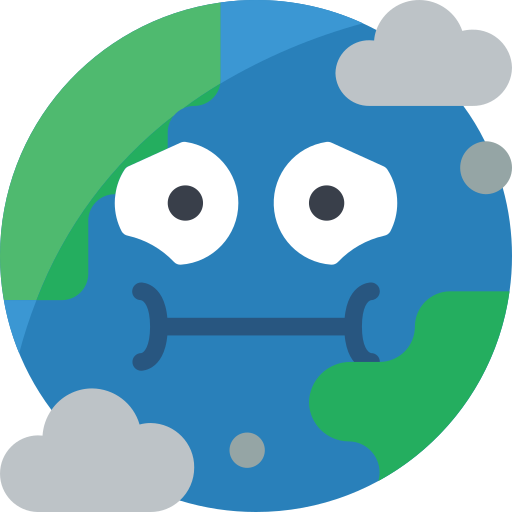Climate - the Biggest Health Threat Facing Humanity
Climate change is the single greatest hazard to humanity's health. Climate change affects the social and environmental determinants of health: clean air, safe drinking water, sufficient food and secure shelter. Air pollution, illness, harsh weather events, forced relocation, food shortages, and mental health challenges are already wreaking havoc on people's health. Environmental causes claim the lives of around 13 million people each year. The worldwide cost of implementing carbon mitigation measures would be almost half the value of health improvements from lowering carbon emissions. By 2050, meeting the Paris Agreement's targets may save roughly a million lives per year throughout the world due to reductions in air pollution alone. From 2030 to 2050, avoiding the worst climate impacts might help avert an extra 250,000 climate-related fatalities each year, primarily due to starvation, malaria, diarrhoea, and heat stress. That’s an extraordinary figure not to be taken lightly!
Health Risks
Climate change is already having an impact on health in a variety of ways, including increased death and illness as a result of increasingly frequent extreme weather events such as heat waves, storms, and floods, food system disruption, an increase in zoonoses and diseases, and mental health issues. Furthermore, many of the social determinants of human health, such as livelihoods, equality, and access to health care, as well as social support networks, are being weakened by climate change. Women, children, ethnic minorities, poor communities, migrants or displaced individuals, elderly populations, and those with underlying health issues are among those who are disproportionately affected by climate-related health concerns.
It's truly a domino effect: climate change causes vulnerabilities like weather, poor air quality, water and food quality, etc. which causes medical conditions and takes a toll on our health systems and society.
Health Inequities
Health equity means that everyone has a fair and just opportunity to be as healthy as possible. This necessitates the removal of health-related barriers such as poverty, discrimination, and its repercussions, such as powerlessness and a lack of access to excellent employment with fair pay, quality education and housing, secure settings, and health care. However, this is hard to achieve and climate change exacerbates and worsens the existing problem. It impacts the most disadvantaged communities.
African American communities are one of the most affected by climate change in terms of health inequality. They have lower income, less education, and poorer health conditions due to discriminatory practices. This contributes to a high vulnerability to climate impact. For example, one in five African American families live in poverty, so during an extreme weather event, they may have less capability to mitigate, such as healthcare or air conditioning to prevent health issues in the first place.
"Climate change is intrinsically linked to public health, food and water security, migration, peace, and security. It is a moral issue. It is an issue of social justice, human rights and fundamental ethics. We have a profound responsibility to the fragile web of life on this Earth, and to this generation and those that will follow."
— United Nations Secretary-General Ban Ki-moon
"This is not a partisan debate; it is a human one. Clean air and water, and a livable climate are inalienable human rights. And solving this crisis is not a question of politics. It is our moral obligation."
— Leonardo DiCaprio, Actor and United Nations Messenger of Peace







